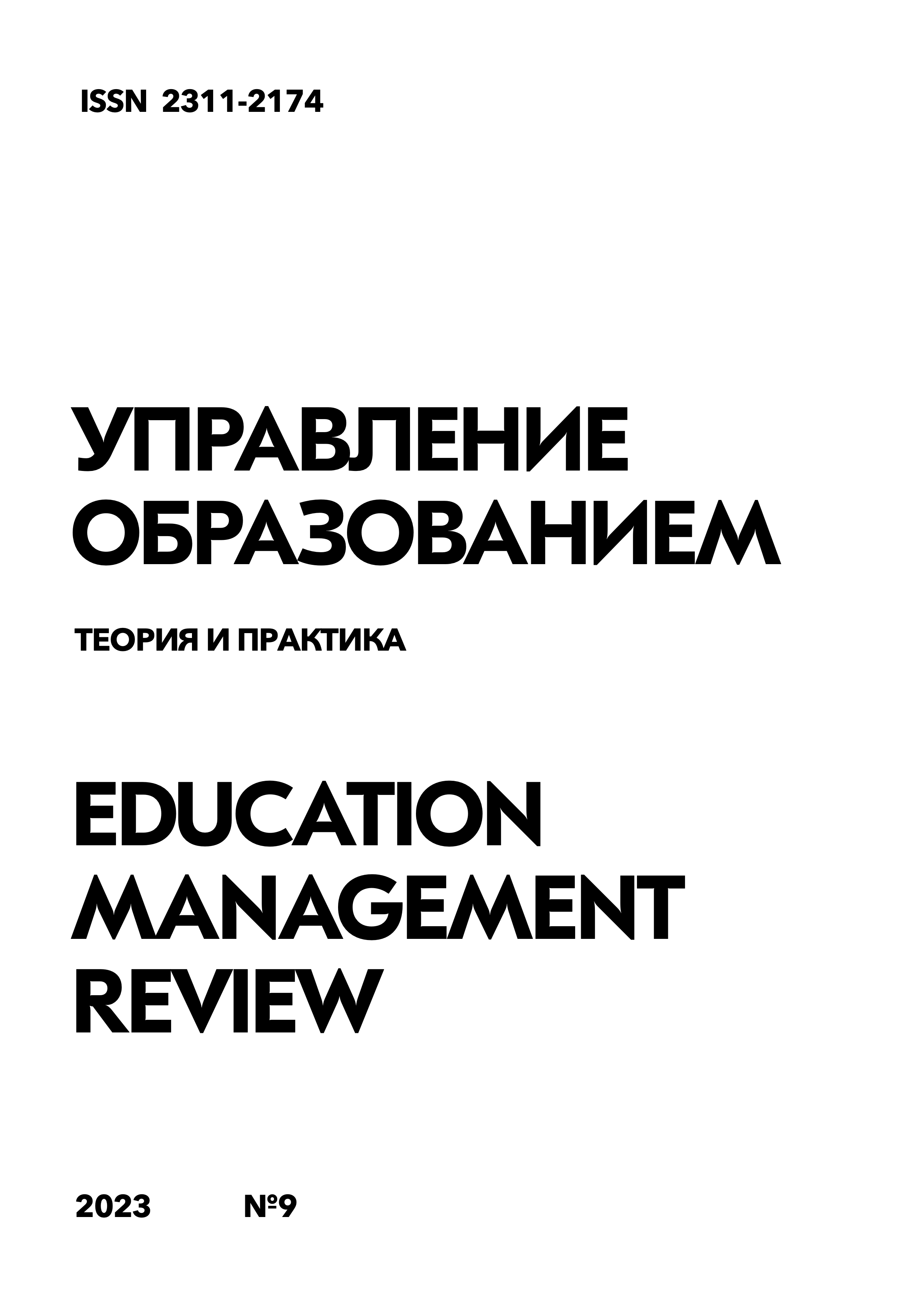Development of cognitive and operational-activity readiness of students to study foreign languages
DOI:
https://doi.org/10.25726/j9550-3399-5970-xKeywords:
cognitive and operational-activity readiness, foreign language, foreign language skills, speech skillsAbstract
The relevance of the problem under study is determined by the process of teaching a foreign language in high school and promoting the development of high school students' ability to use it as a communication tool. It is known that high school students very often lack motivation to master a foreign language, and in the end, their psychological unpreparedness to learn foreign languages is revealed. The insufficient development of the foundations for the formation of the psychological readiness of high school students to master foreign languages hinders the creation of a unified approach to such learning, reduces the quality of knowledge and the level of formation of foreign language skills among students. Particularly relevant today is the formation and development of students' cognitive and operational readiness for learning a foreign language, the main indicators of which are the formation of their foreign language knowledge, skills, abilities, the level of development of such mental functions as perception, memory, imagination, attention. It is known that school graduates do not have sufficient knowledge of a foreign language at the time of entering a higher educational institution, in most cases they have separate theoretical knowledge of grammar, vocabulary and syntax (Heckhausen, 2003). In this regard, it is important for our study to determine the level of formation of the cognitive and operational-activity readiness of high school students for mastering foreign languages.
References
Кравцова Е.Е. Психологические проблемы готовности детей к обучению в школе. М.: Педагогика, 1991. 152 с.
Практическая психодиагностика. Методики и тесты: учеб. пособ., под ред. Райгородского Д.Я. Самара: Издательский Дом «Бахрах М», 2002. 672 с.
Прихожан А.М. Тревожность у детей и подростков: психологическая природа и возрастная динамика. М.: МОДЭК, 2000. 304 с.
Копорулина В., Смирнова М., Балабанова Л. Психологический словарь, под общ. ред. Неймера Ю. Ростов на Дону: Феникс, 2003. 640 с.
Рабинович Ф.И., Сахарова Т.Е. Интенсивные методы обучения иностранным языкам и средняя школа // ИЧШ. 1991. №1. С. 9-17.
Рогов Е.И. Психология общения. М.: Гуманит. изд. центр ВЛАДОЮ, 2001. 231 с.
Солдатенкова М.В. Мотивация обучения иностранному языку и способы ее повышения // Педагогическое образование и науки. 2008. №3. С.97-102.
Татаркина Н.И. Психология общения в схемах и коментариях к ним: учеб. пособ.: Липецк. гос. техн. ун-т, 2001. 46 с.
Хекхаузен Х. Мотивация и деятельность. 2-е изд. Питер, 2003. 860 с.
Холодная М.А. Когнитивные стили: О природе индивидуального ума. 2-е изд., перераб. и доп. Питер, 2004. 384 с.
Церковник Т.И., Виштак Н. Б., Горкун С.В. Основные направления организации обучения иностранному языку в старших классах в контексте модернизации образования // Ученые записки Таврического национального университета им. Вернадского В.И.. Серия «Филология. Социальные коммуникации». 2012. Т. 25 (64). № 4. Часть 1. С.355-358.




